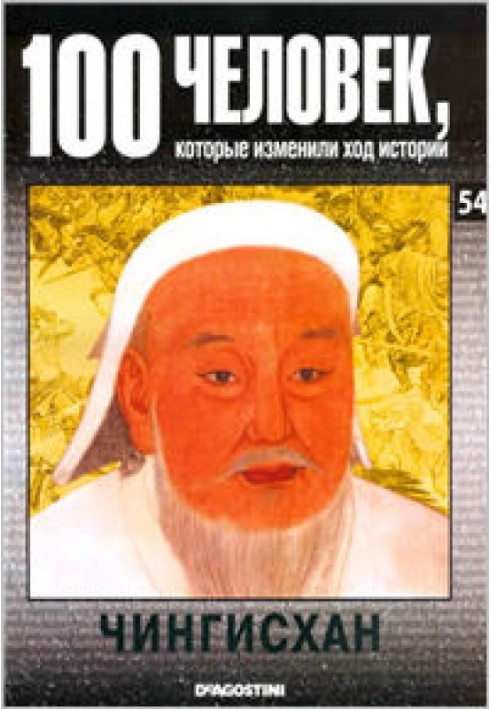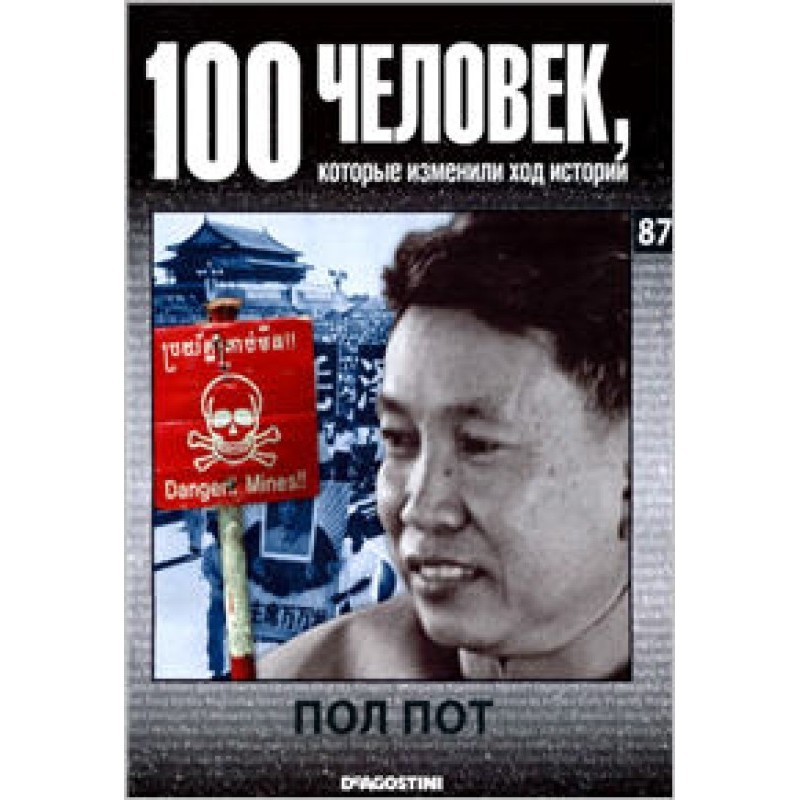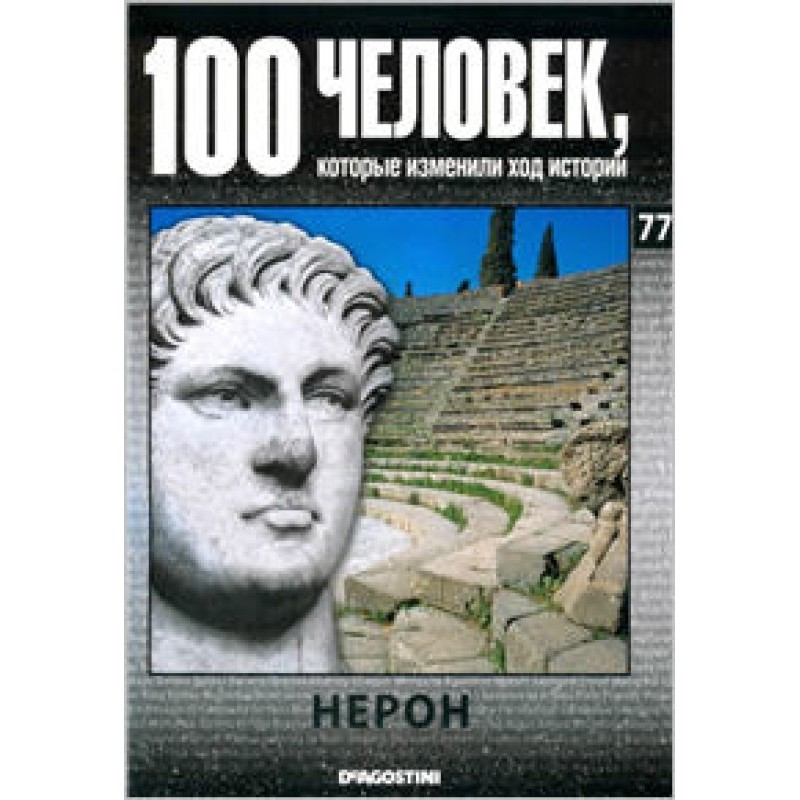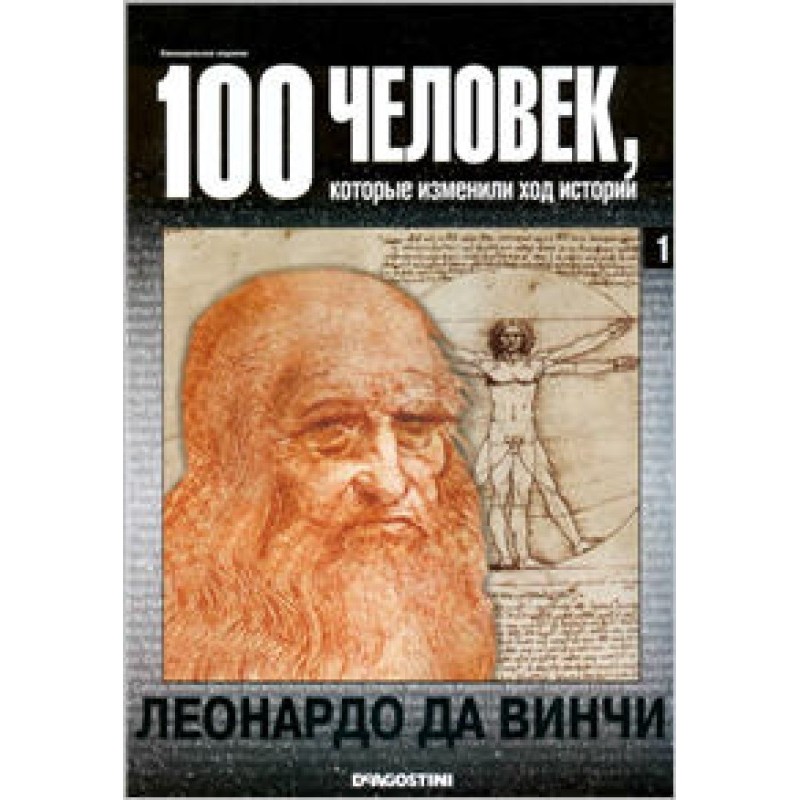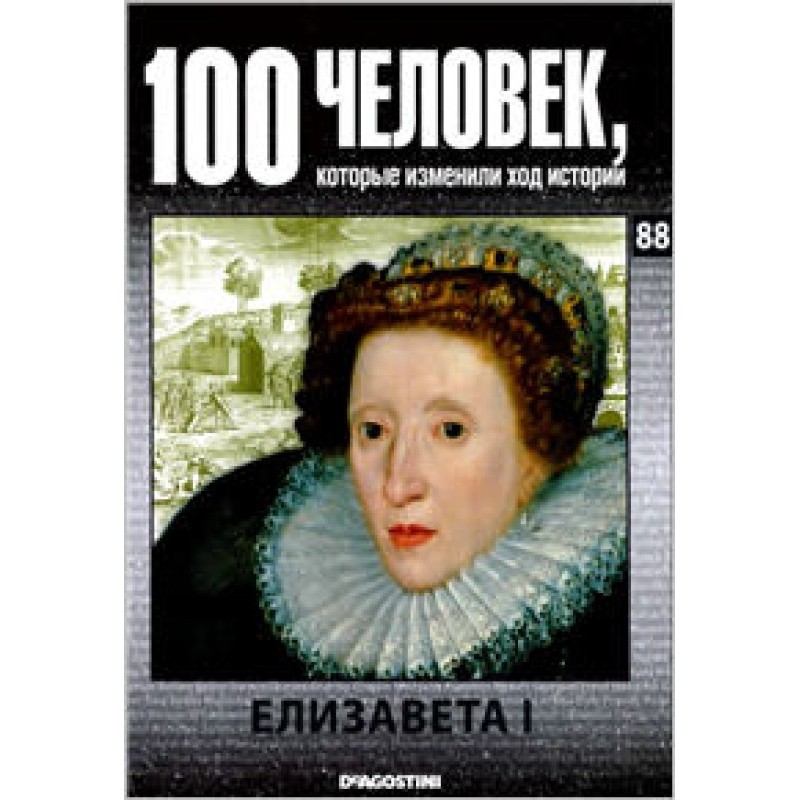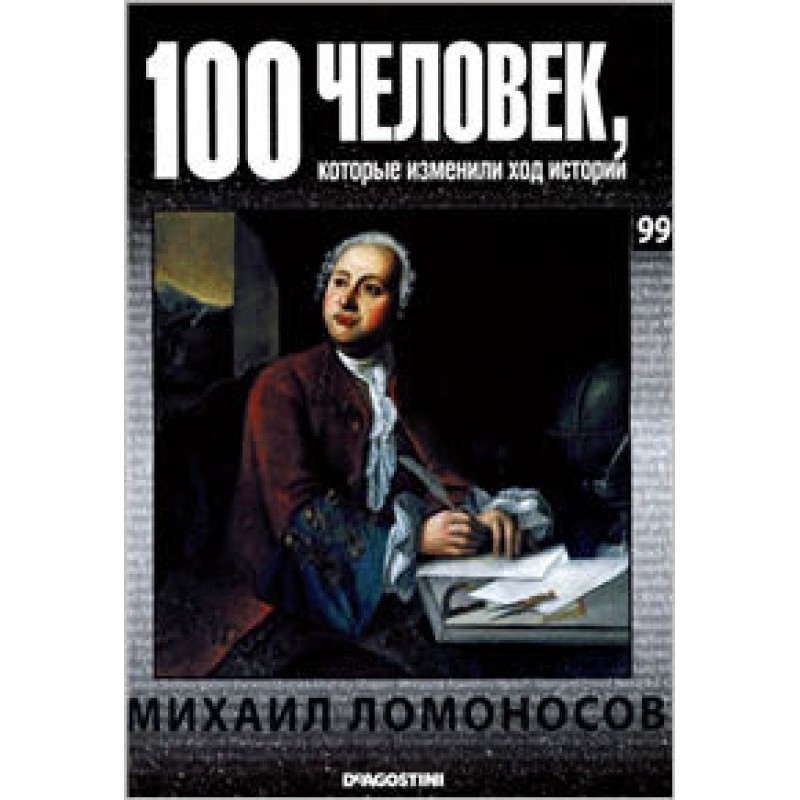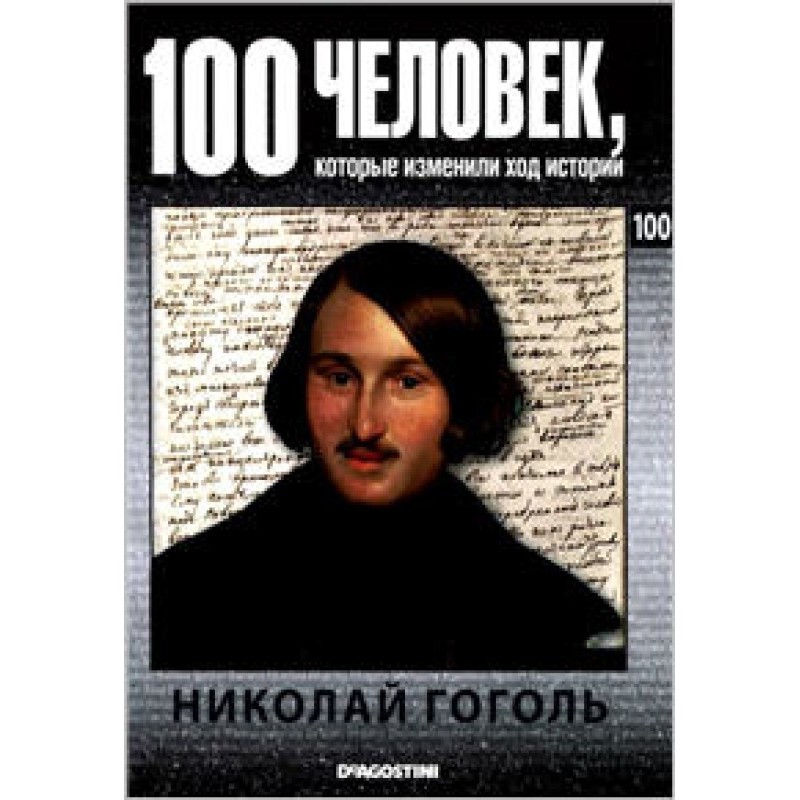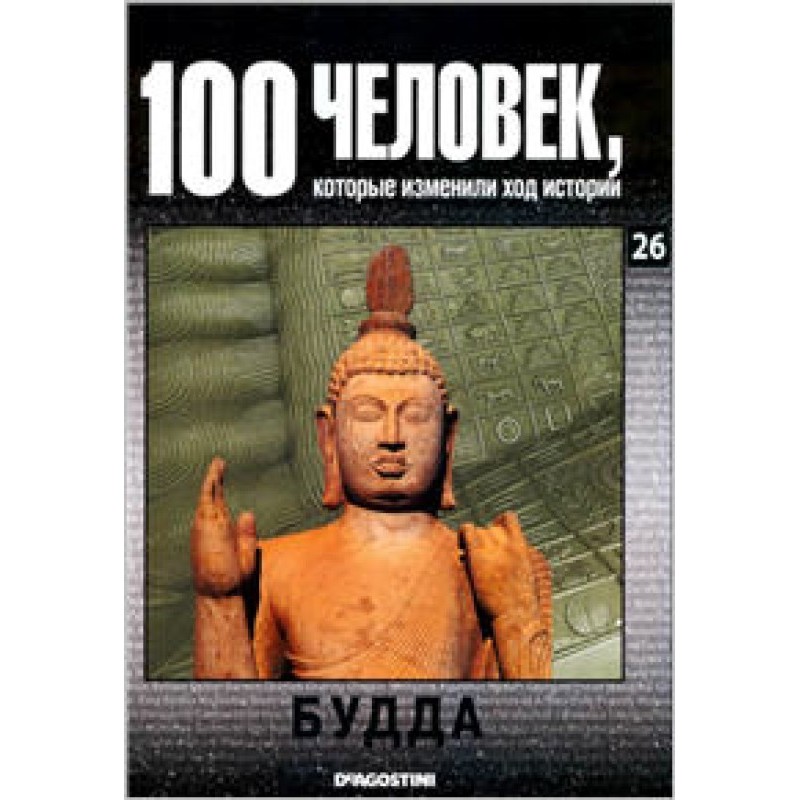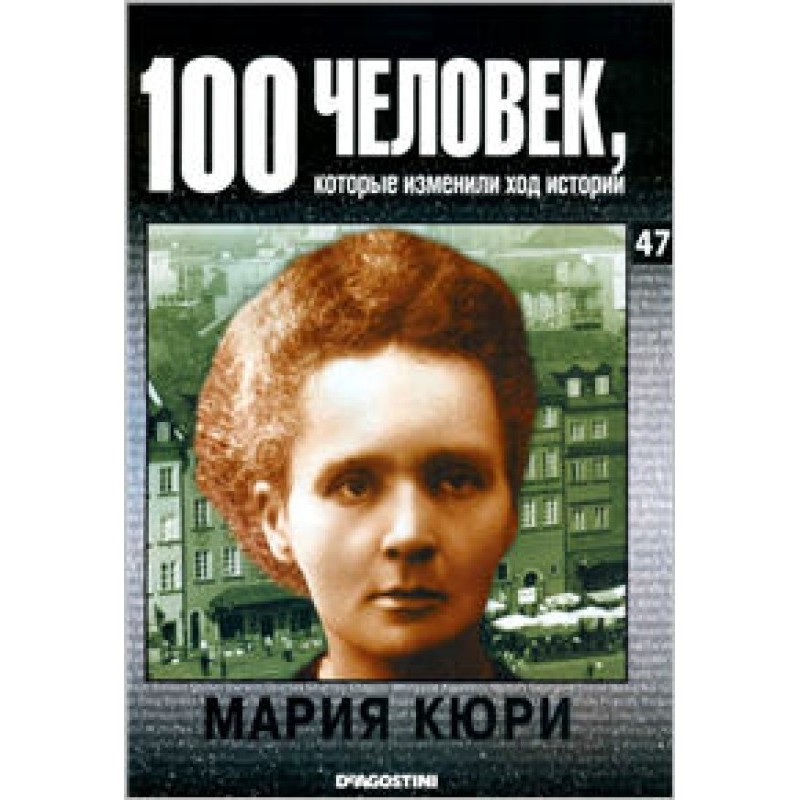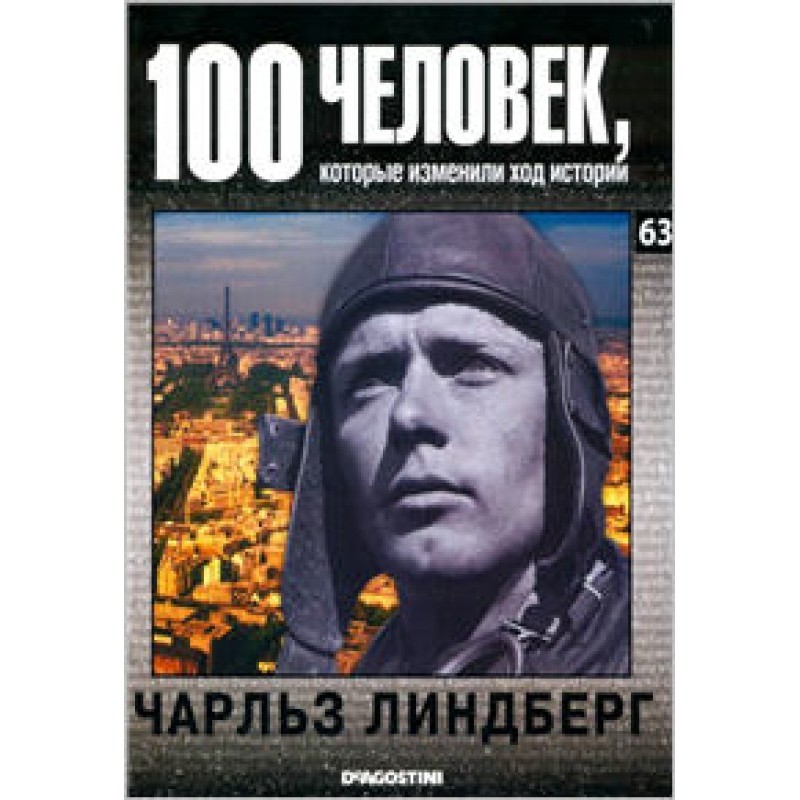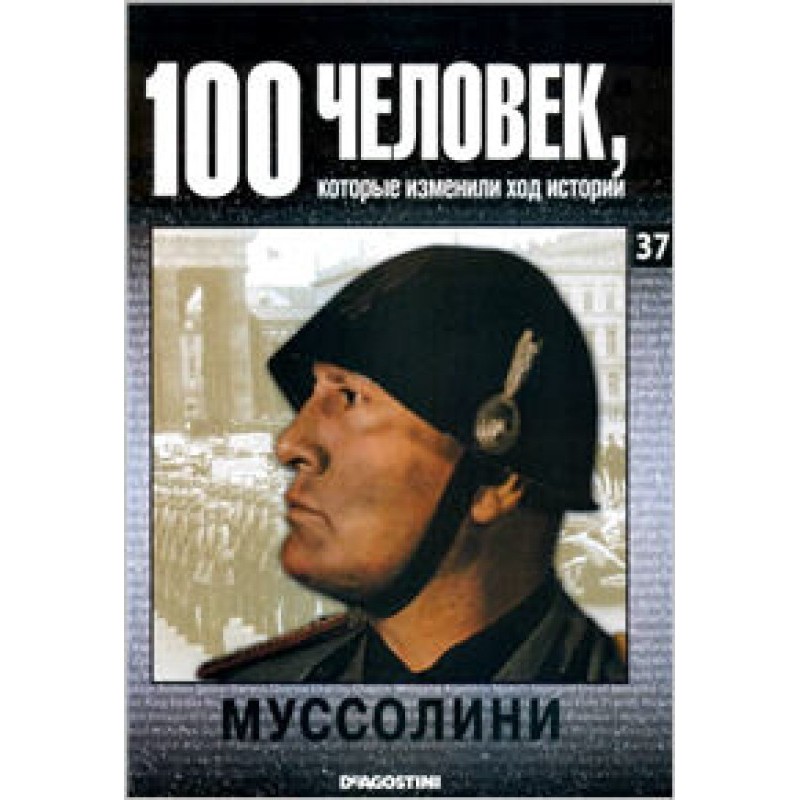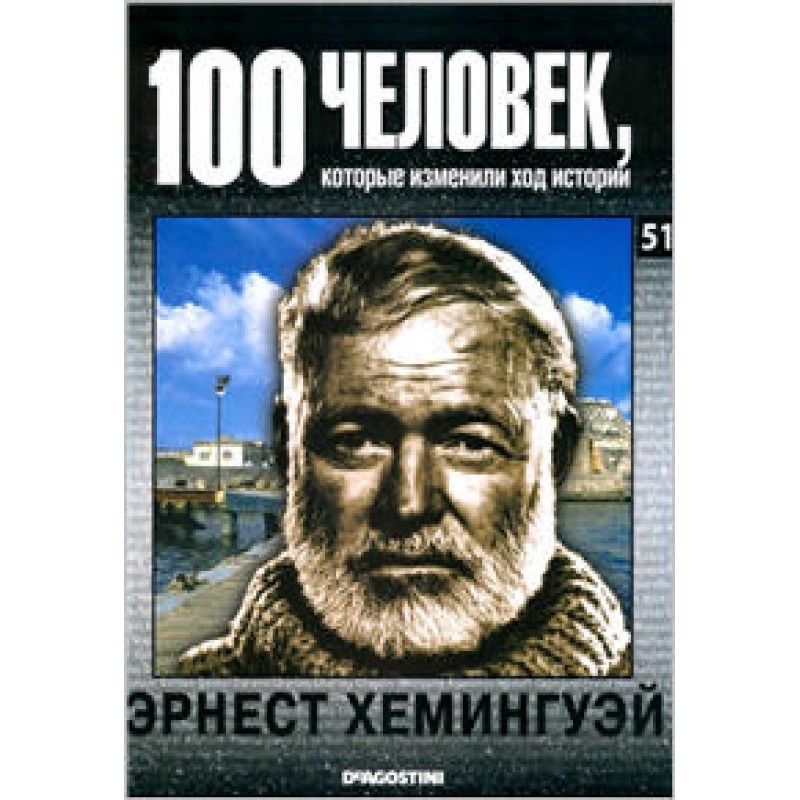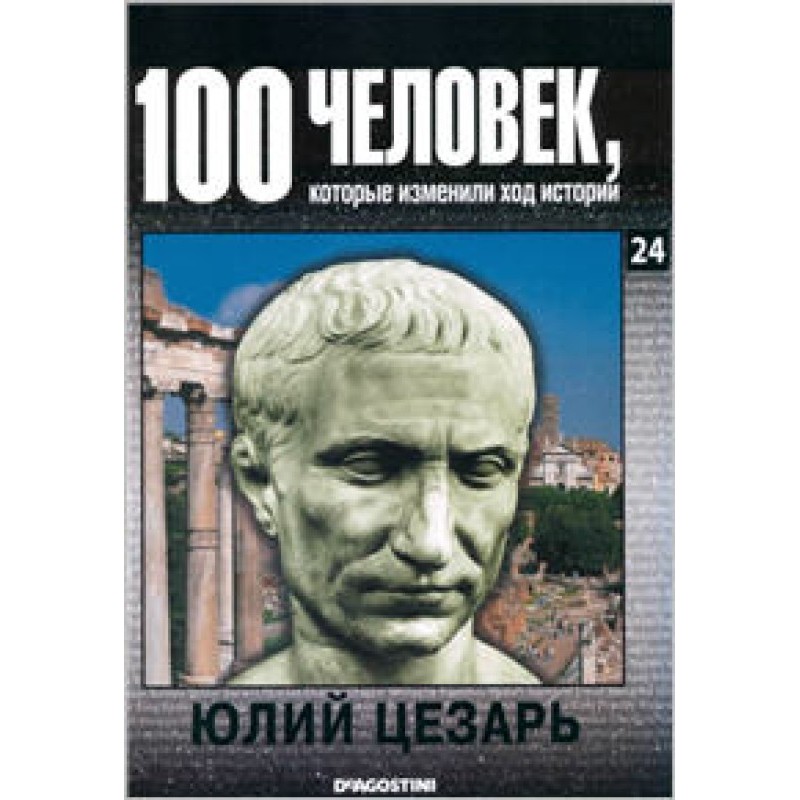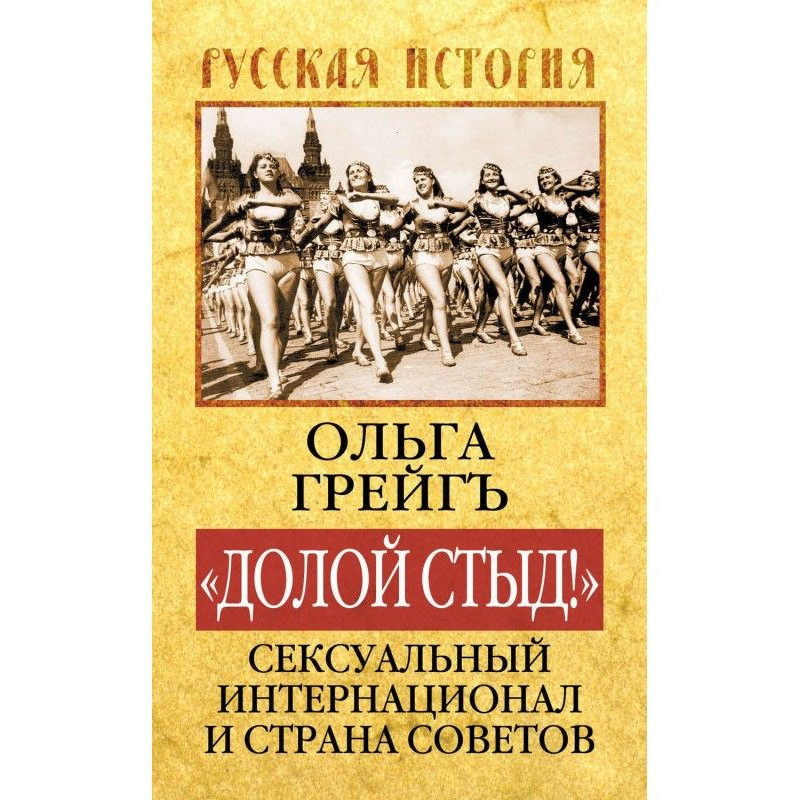Genghis Khan
 Instant download
Instant download
after payment (24/7)
 Wide range of formats
Wide range of formats
(for all gadgets)
 Full book
Full book
(including for Apple and Android)
The endless steppes in the central part of the Eurasian continent served as a natural barrier separating the East from the West. But it was also a corridor connecting these two worlds. In the middle of the 12th century, a boy named Temujin was born into a noble family of nomads. He was destined to unite all the Mongols under his rule, who proclaimed him “Genghis Khan.” The new ruler of the Eurasian steppes launched military operations in all directions. Having conquered Northern China, Genghis Khan (circa 1155-1227) led his hordes from East Asia to the Caspian Sea, terrifying neighboring peoples with his cruelty. The hordes of Genghis Khan swept across Eurasia like a hurricane, determining the lives of entire peoples for several centuries to come. Genghis Khan explained his own successes by the will of Providence and therefore perceived them as due to the widespread idea in the East and West of the Mongols as the “scourge of God.” Genghis Khan created a huge empire that in the 13th century subjugated vast expanses of Eurasia from the Sea of Japan to the Black Sea. Moreover, his activities had more lasting results than the activities of other world conquerors (Alexander the Great, Timur, Napoleon). The borders of the empire after Genghis not only did not shrink, but expanded significantly, and the extent of the Mongol empire surpassed all states that had ever existed. Genghis Khan and his descendants swept away great and ancient states from the face of the earth: the state of the Khorezmshahs, the Chinese Empire, the Baghdad Caliphate, and most of the Russian principalities were conquered. Vast territories were placed under the control of the Yasa steppe law. IN Unlike other conquerors for hundreds of years before the Mongols, who dominated Eurasia, only Genghis Khan was able to organize a stable state system and make Asia appear to Europe not just as an unexplored steppe and mountainous space, but as a consolidated civilization. It was within its borders that the Turkic revival of the Islamic world then began, which with its second onslaught (after the Arabs) almost finished off Europe. The Mongols revere Genghis Khan as the greatest national hero and reformer, almost as an incarnation of a deity. In Western European historiography of recent decades, considerable attention has been paid to the civilizing role of Genghis Khan. According to many researchers, the Mongol era was accompanied not only by colossal military campaigns and political upheavals, but also gave rise to many cultural movements that opened up new opportunities for East and West. As the British historian Harothld Lamb wrote in the book “Genghis Khan - Emperor of All Mankind”: “Genghis Khan ... destroyed the barriers of the dark ages. He opened new paths for humanity. Europe came into contact with the culture of China. At his son's court, Armenian princes and Persian nobles interacted with Russian grand dukes. The opening of paths was accompanied by an exchange of ideas. Europeans developed an enduring curiosity about distant Asia. Marco Polo goes there after Rubruk. Two centuries later, Vasco da Gama set sail to open the sea route. In essence, Columbus set off in search not of America, but of the land of the Great Mogul.”
Data sheet
- Name of the Author
- Анастасия Жаркова Евгеньевна
- Language
- Russian
Reviews
Вражаюча історія про велич і спадщину Чингісхана!
Ця книга - справжній шедевр, який відкриває перед читачем не лише біографію одного з найвеличніших завойовників в історії, але й глибокий аналіз його впливу на світову історію, культуру та політику. Автор майстерно описує шлях Темучжина від простого кочівника до могутнього Чингісхана, який об'єднав монголів і створив величезну імперію. Особливо вражає, як книга підкреслює не лише військові досягнення Чингісхана, але й його роль у розвитку торгівлі, культурних обмінів та політичних структур. Читачі можуть відчути атмосферу того часу, зрозуміти, як Чингісхан змінив хід історії, і чому його постать досі викликає захоплення та повагу. Ця книга стане знахідкою для всіх, хто цікавиться історією, культурою та впливом великих особистостей на світ.

